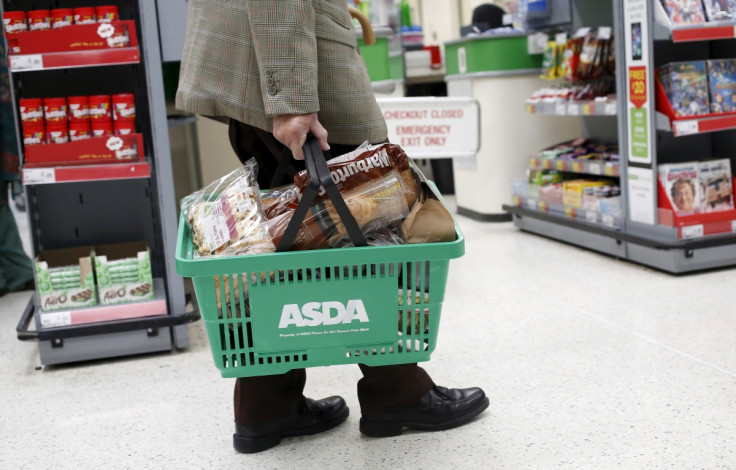Asda's Andy Clarke vows to win supermarket war despite reporting worst quarterly drop

Asda will lead the UK supermarket industry in the long run, CEO Andy Clarke asserted despite the company posting a 5.8% drop in fourth-quarter sales on 18 February. The dip was its worst quarterly decline ever and a sixth straight quarterly decline.
An optimistic Clarke said, "In the long run we'll win in this market. Market share is important to us ... But what's more important is financial control and stability. That's going to give us an advantage to win in this market"
The sales fall for the 13 weeks ending 1 January followed a decline of 4.5% in the previous quarter and 4.7% in the second quarter. It confirms that Wal-Mart-owned Asda was the biggest loser among all major UK supermarkets over Christmas. The fall in sales has been attributed to industry deflation and to competition from German discounters Aldi and Lidl, who offer lower prices.
In order to better compete with these German discounters, Asda recently called on its suppliers to provide discounts and cash contributions. Through these, the retailer expects to gain millions of pounds that will allow it to lower prices.
While Asda has said previously it will invest more than £1bn (€1.29bn, $1.43bn) to help price cuts, it also promised to ensure that its prices, which are currently about 10% higher than Aldi and Lidl, will be only 5% higher in the next few years.
While Clarke forecast 2016 sales to improve by only a small percentage, he expressed confidence that the supermarket chain would remain profitable in the current year, as it was in 2015. This is in contrast to the other two big UK supermarkets, Tesco and Sainsbury's, which have not only reported a fall in profits but have also sold off some of their assets amid a brutal price war.
"We have maintained the strength of our price position against the big grocers at a time when they have significantly altered their operating (profit) margins to support their organisations. I would suggest ... In the medium to long term, that's unsustainable," Clarke said.
Some analysts still opine that Asda's fall in sales was not only because of higher prices. They attribute it to other factors such as merchandising and product range. Clive Black, an analyst at Shore Capital, said, "Asda lacks personality and theatre at present. It is a very functional and sterile shop"
© Copyright IBTimes 2025. All rights reserved.





















